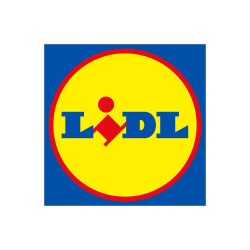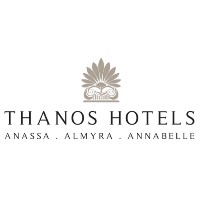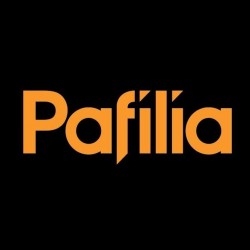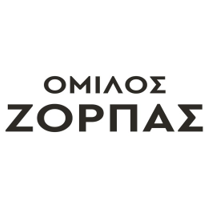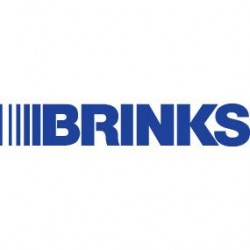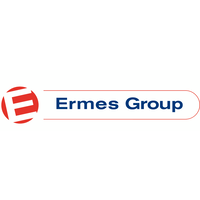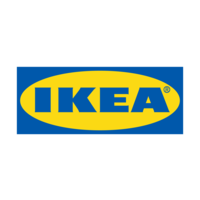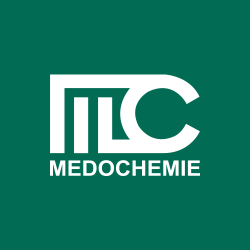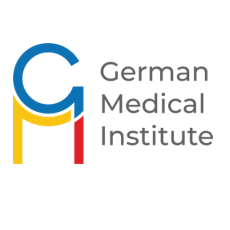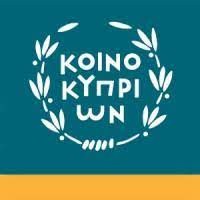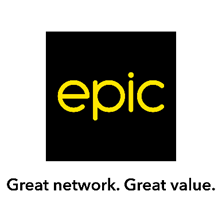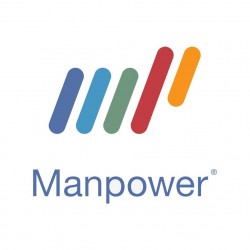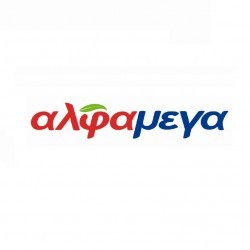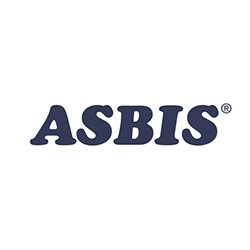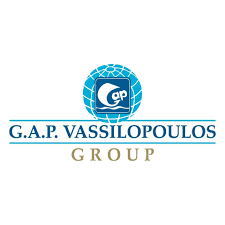UNESCO CHAIR on Digital Cultural Heritage - Early Stage Researchers (ESR fellows)
Η συγκεκριμένη αγγελία έχει λήξει. Ψάξτε στο www.carierista.com για αναζήτηση άλλων αγγελιών.
#TP47315 Τύπος: Πλήρης Απασχόληση / Συμβόλαιο
CYPRUS UNIVERSITY OF TECHNOLOGY (CUT)
DEPARTMENT OF ELECTRICAL and COMPUTER ENGINNERING and INFORMATICS
UNESCO CHAIR on Digital Cultural Heritage
Early Stage Researchers (ESR fellows)
Applications are invited from candidates who possess the necessary qualifications in order to fill two (2) PhD fellows /ESR places at the newly established UNESCO and European Research Area Chairs on Digital Cultural Heritage within the Digital Heritage Research Laboratory (DHRLab) of the Cyprus University of Technology (CUT) in the research field of Digital Heritage and Cultural Informatics.
The selected scientists will work for a period of eleven (11) months within the EU H2020 ERA Chair ‘Mnemosyne Project’, a unique EU-funded programme, beginning the 1st of February 2023. They will help design, refine and deliver a structured and coherent three-phase research programme under the supervision of the ERA and UNESCO Chair holders, in order to achieve its objectives in the Holistic Documentation life cycle for digital heritage and to establish a programme of structural change and support at CUT which enables the outcomes of the research programme. Each of the five PhD fellows/students will work in a small team focusing primarily on the definition and resolution of set of key challenges in the digital documentation life-cycle concerning, for example, aspects of:
- Data Acquisition
- Data Processing
- Modelling
- Knowledge Management
- Preservation and
- Use and reuse
Position:
The ERA Chair researchers will be recruited by the host organization of the Cyprus University of Technology in Limassol, Cyprus under a full employment contract with the possibility of extension (earliest day for the start of contract: 1st of February 2023). The researchers will work closely together with the Director of Digital Heritage Research Lab at CUT and the teams of the UNESCO and ERA Chair on Digital Cultural Heritage and be responsible for the planned Research /Innovation topics and areas.
The Applicant should:
1. Have completed at least a four or five-year education cycle (e.g. Diploma in Engineering, Master’s Degree etc) from a recognized university in Geomatics, Computer- / Electrical Engineering Computer Science, Surveying Engineering and/or Social sciences / Humanities with less than four (4) years of continuous full-time research experience in the fields listed below, with excellent programming skills and very good language and communication / implementation skills. Priority will be given to candidates whose expertise lies in Groups D. DCH Data Modelling and E. DCH Knowledge Management (see Groups below).
2. Possess excellent knowledge of the English language at a proficiency level (spoken and written)
An outline of the research topics under consideration includes:
A. Holistic structures and Standardisation
- definition and creation of holistic documentation ‘pipelines’ for specific user communities;
- creation of standards for 3D documentation and knowledge management.
B. DCH Data Acquisition
- advanced digitisation and approaches such as mass, crowdsourced and on-demand digitisation;
- methods for crowdsourcing content and allowing user-generated content for DCH in the cloud on cloud-computing for DCH, e.g. by leveraging popular photography;
- the use of UAVs and related technologies in capturing documentation;
- automated metadata extraction and crowd;
- realizing the potential of big data management and opportunities created by the vast volume, variety and velocity of mainly unstructured new data, generated every day most for finding and using previously inaccessible European digital content;
C. DCH Data Processing
- user-oriented metadata and ontology standards for the description and exchange of DCH data;
- metadata designs especially of language-based data close to human conceptual systems and gaining insights from data in natural language;
- innovative tools and methods to extract meaning from digital artefacts, including Video Recordings, Audio Recordings, Digital images, Text, Multi-Spectral and Thermal information
- 3D representations of objects or scenes;
- generation and presentation of localized DCH content and its documentation to enhance audience value (in services such as Europeana.eu) for example through efficient and innovative acquisition and deployment of Geospatial Data
D. DCH Data Modelling
- data modelling and Semantics, including those for Intangible Heritage and the modelling for DCH;
- classification and typology of objects, sites and monuments and its impact on media display and environments where these can be exhibited;
- using immersive VR and AR technology (Mixed Reality – MR) to blend and/or emphasize dimensions and detail environmental experiences;
- interactive environments in DCH e.g. re-creating 3D space through spatial references, imaging and modelling.
E. DCH Knowledge Management (Interpretation)
- establishing meaningful narratives (Storytelling) for DCH objects which are meaningful to identified user groups for interpretation purposes;
- using Crowdsourcing and the Internet to provide documentation resources for experiencing, contributing and gaining understanding in Cultural Heritage scenarios;
- systems for managing and re-using complex documentation and deriving knowledge e.g. for Monuments and Sites;
- applications of Artificial Intelligence/ Machine Learning in DCH;
- applying Big-Data Analytics to DCH;
- the role and applications of Linked Open-Data in enriching DCH information, linking exhibited content to other relevant content to provide greater understanding;
- curation of digital assets;
- linking exhibited content to other relevant content to provide greater understanding of the viewed item.
F. DCH Preservation
- documentation for the preservation of European Heritage;
- the virtual or actual reconstruction of Destroyed or degraded sites and Artefacts including the digital restoration of important monuments destroyed during conflict protecting against or remedying Looting and Destruction;
- virtual ‘reunification’ of CH assets which have been scattered to different parts of Europe and the world.
G. DCH Use and ReUse
- cost reduction and simplification of digital technologies;
- Personalisation and interactivity of viewing experiences in DCH, including the use of social media;
- new types of User Experiences (UX) with DCH that arise from the current ‘hardware and software revolution’ in the realms of VR/AR; interface selection (e.g. Augmented Reality, holograms) to allow seamless blending of on-site and on-line dimensions;
- visualisation techniques and their combination in different contexts, drawing on the state of the art in technology and standards e.g. for Interactive Video (IV); Immersive VR (IVR); Augmented Reality (AR); 3D Real-time Editors (Game-Engines), Ultra High and Giga-Pixel Panoramas; infinite zooming images; VR Wearables and Gesture Recognition Interfaces;
- inter-disciplinary collaborative research to establish paradigms in socio-economic areas of DCH impact e.g. Tourism, Education, Employment, Economic Growth;
- crowdsourcing, co-creation and Citizen-Science;
- using innovative Social-Platforms to exchange user experiences and support multidisciplinary approaches.
Benefits
The yearly gross salary of the ESRs is based upon qualifications and experience. From this amount employer and employee contributions to the Cyprus government funds will be deducted. A 13th monthly salary is incorporated into the monthly gross salary. In addition, health and social insurance will be funded by the project. Also, the possibility for elaborating a PhD is offered.
About the hosting institution:
Cyprus University of Technology (CUT), was established by law in 2004, and enrolled its first students in 2007. With its orientation towards applied research, the University aspires to establish for itself a role in support of the state and society in their efforts to confront problems, which cover all areas of science and technology. CUT involvement in research can be recognized from the fact that within the last four years, projects with more than 30M Euro have been funded. CUT is an advanced University equipped with the most modern infrastructures and technological equipment which makes it possible to be the strongest on the island in research, with specialized units directed by distinguished professionals. The Digital Heritage Research Laboratory (DHRLab), established in 2013, is directed by Dr. Marinos Ioannides and already works in the digital and holistic documentation of Cultural Heritage Objects as well as contributing to national and European policies for DCH. Moreover, the Lab is very active in 3D Reconstruction and HBIM with a special focus on semantics and symbolic representation.
UNESCO Chair on Digital Heritage: The main scope of this unique Chair is to extend the successful work of the DHRLab and address a full range of key aspects of novel research and innovative developments such as:
- the e-documentation and analysis of cultural heritage data for both tangible and intangible heritage;
- technical areas, including 2D and 3D virtual environments (tangible and intangible), archives and collections management systems, web and museum based interactive applications and language technologies;
- non-technical areas, including testing, economic and social impact evaluation in support of the development of the cultural heritage sector and its opportunities in tourism, entertainment and education.
Applicants are requested to submit the following:
- Detailed EuroPass - Curriculum Vitae in English – (see also: https://europass.cedefop.europa.eu/documents/curriculum-vitae ),
- Motivation Letter,
- Official certified transcripts of grades from all academic institutions of higher education listed in his/her application, certified copies of degrees, or/and certifications of fulfilment of the required obligations for entering a graduate PhD programme,
- Official certified copies of titles in English language,
- Names and full address (including valid email) of three referees who, upon request, can provide recommendation letters.
- Copies of any related research papers or other significant achievements/work by the applicant.
Applications must be sent ONLY via email at: HRrecruits@cut.ac.cy with the subject:
“Application for ERA CHAIR - PhD fellow / ESR fellows – Department of Electrical and Computer Engineering and Informatics” no later than Sunday, 18th December 2022, 12:00 (noon).
For further information please contact Dr. Marinos Ioannides (Director of the UNESCO Chair on Digital Cultural Heritage) at the following email marinos.ioannides@cut.ac.cy and telephone number +357-25-002020.

